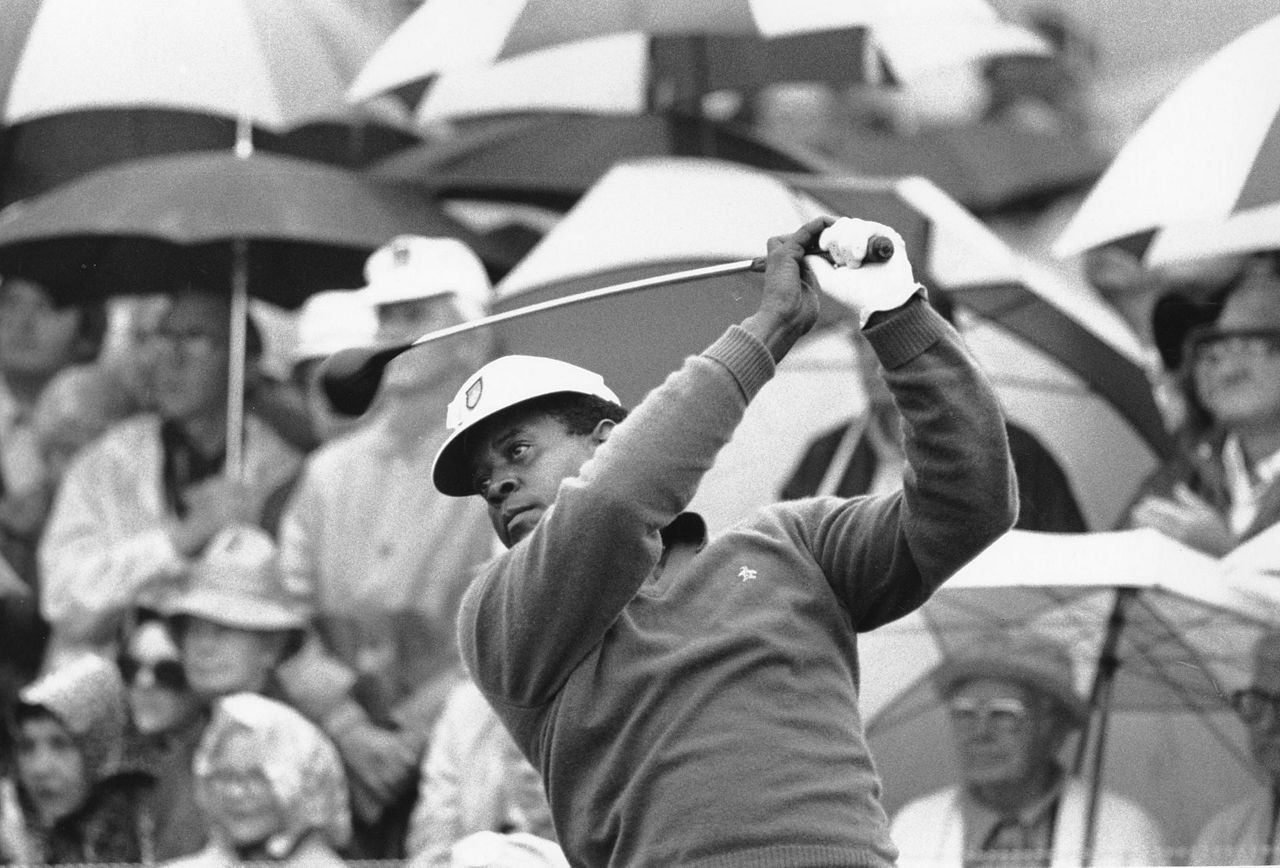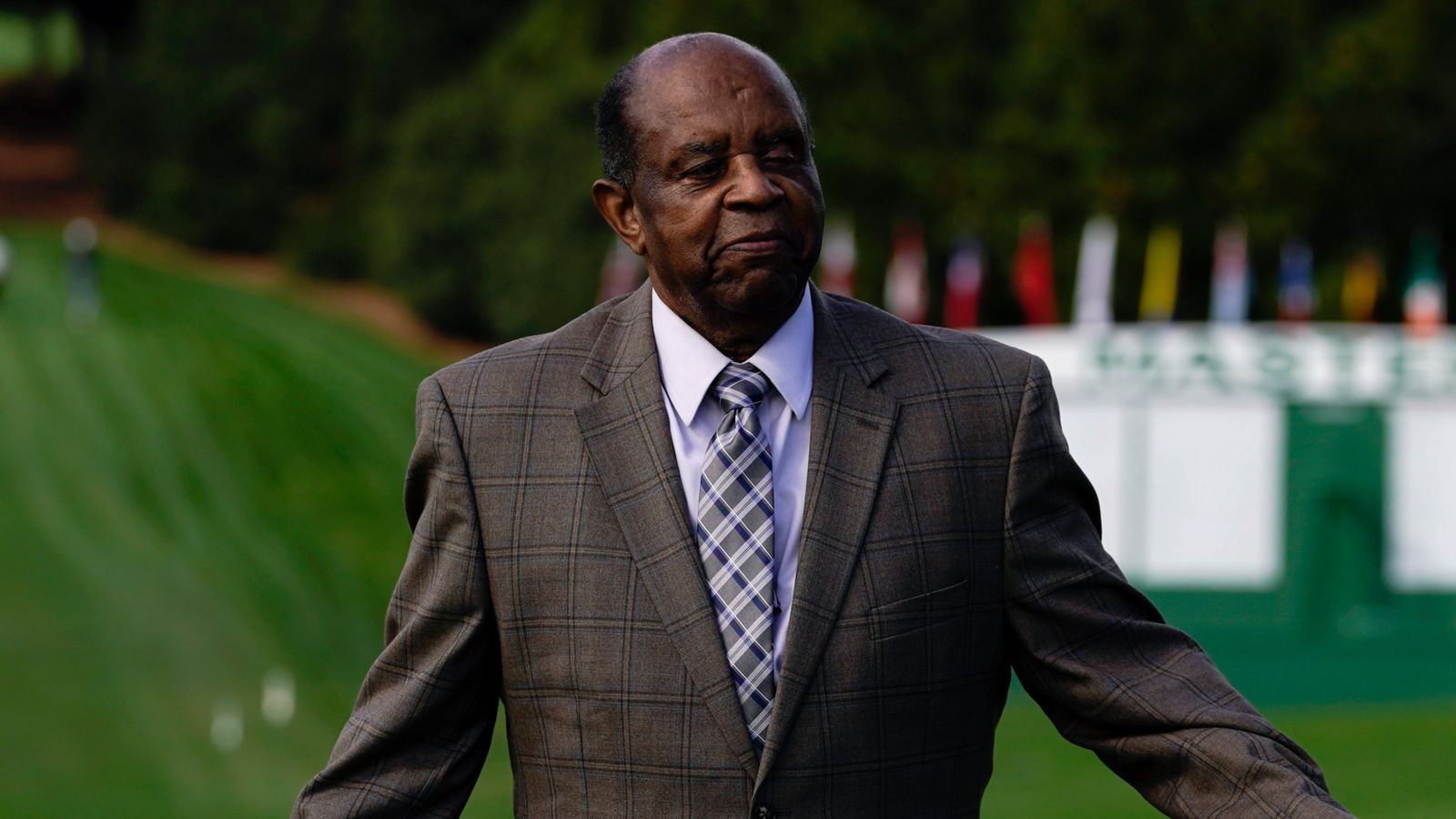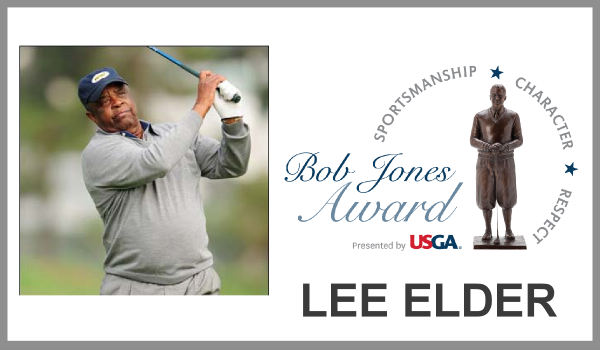Table of Contents
- Carabiniere ucciso, Lee Elder ha videochiamato la mamma dalla caserma ...
- Reaction to death of Lee Elder, 1st Black golfer at Masters
- The Masters: A profile of honorary starter Lee Elder, the first Black ...
- Interview: Lee Elder – The Golf Shop Show
- US Open diary: Award for black pioneer Lee Elder | Sport | The Times
- Klassic Joints: Lee Elder, who broke the race barrier at the Masters ...
- History’s Mysteries: Lee Elder and the 1974 Monsanto Open - Golfing ...
- Lee Elder, l’hommage tant attendu - Members Only Magazine
- Lee Elder - 4dsyfejy8bdrwm | ricoasmelessz
- Lee Elder / Augusta Should Not Have Taken 50 Years To Honour The ...

As we look back on the history of golf, there are moments that stand out as pivotal, not just for the sport itself, but for the broader societal impact they had. One such moment was when Lee Elder broke the color barrier at the Masters Tournament in 1975, a milestone that marked a significant step forward in the fight for racial equality in golf. This year, we celebrate a half-century since that groundbreaking achievement, honoring not just the man, but the enduring legacy he has left on the sport.


A Pioneer in Every Sense

Lee Elder's journey to becoming the first African American to compete in the Masters was nothing short of remarkable. Born in 1934, Elder grew up in a time when racial segregation was a harsh reality in the United States. Despite the obstacles, he found solace and passion in golf, a sport that would eventually become his platform for change. Elder's talent and dedication earned him a place in the 1975 Masters, an event that would change the face of golf forever.


Breaking Down Barriers

Elder's participation in the Masters was more than just a personal achievement; it was a beacon of hope for a more inclusive future in golf. His courage in the face of adversity paved the way for other African American golfers, showing them that they too could reach the highest levels of the sport. The impact of Elder's achievement extended beyond the golf course, inspiring generations with the message that with perseverance and hard work, barriers can be broken.

A Lasting Legacy
Today, as we reflect on the 50 years since Lee Elder's historic appearance at the Masters, his legacy is more vibrant than ever. The golf world has seen significant strides in diversity and inclusion, with players from diverse backgrounds competing at the highest levels. Initiatives and programs aimed at increasing accessibility and promoting golf in underrepresented communities are a testament to the ongoing impact of Elder's pioneering work.

Celebrating Progress, Continuing the Journey
While celebrating the progress made, it's also important to acknowledge that there is still work to be done. Ensuring that golf remains a sport for all, regardless of race, gender, or socio-economic background, is an ongoing challenge. Efforts to increase diversity, provide access to golf facilities, and support emerging talent from underrepresented groups are crucial in honoring Elder's legacy and advancing the sport.

A Tribute to a Golfing Icon
Lee Elder's contribution to golf and society is immeasurable. His bravery, talent, and dedication have inspired countless individuals, both on and off the golf course. As we mark this significant anniversary, we pay tribute to a true golfing icon, whose greatest gift to the sport was not just his skill with a club, but his unwavering commitment to making golf a more inclusive and equitable sport for all.
In conclusion, Lee Elder's participation in the 1975 Masters was a pivotal moment in golf history, symbolizing hope, resilience, and the pursuit of equality. Fifty years on, his legacy continues to inspire and guide us towards a future where golf is accessible and enjoyable for everyone. Let us continue to celebrate his achievements and strive for a sport that reflects the diversity and inclusivity that Lee Elder embodied throughout his career.
By honoring Lee Elder's legacy, we not only recognize his achievements but also reaffirm our commitment to the values of equality, diversity, and inclusion that he championed. His story serves as a powerful reminder of the impact one person can have on the world and the importance of ongoing efforts to ensure that golf, and sports in general, remain a positive force for change and unity.